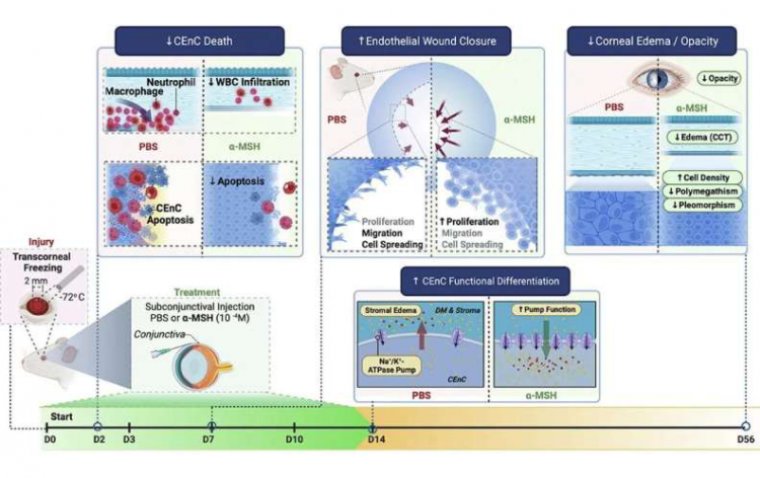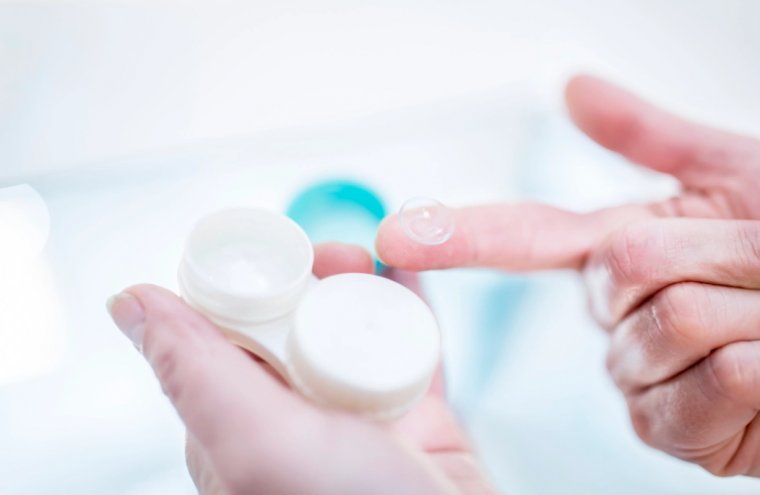
Selective Antibiotic Prophylaxis Reduces Risk of Infections After Cataract Surgery
A recent study published in JAMA Ophthalmology has highlighted the effectiveness of selective intracameral antibiotics combined with 1% povidone iodine in reducing the incidence of postoperative endophthalmitis after cataract surgery.
Led by Jeroen van Rooij, MD, from Rotterdam Eye Hospital, the research compared outcomes across different periods and methodologies to assess the impact of varying prophylactic protocols.
Methodology and Findings
Researchers analyzed data from Rotterdam Eye Hospital over three distinct periods: 1993-1999, 2000-2010, and 2016-2022. During these periods, a total of 27,114, 68,335, and 56,598 phacoemulsification cataract procedures were performed, respectively. The study compared the incidence of endophthalmitis under different prophylactic protocols:
● 1993-1999: Utilization of 5% povidone-iodine without antibiotics.
● 2000-2010: Transition to 1% povidone-iodine without antibiotics.
● 2016-2022: Adoption of 1% povidone-iodine with selective intracameral antibiotics (ceftazidime-vancomycin) in cases of posterior capsular rupture.
● The incidence of endophthalmitis was reported as 36, 62, and 17 cases during the respective periods. Significant findings emerged when comparing the effectiveness of different prophylactic approaches:
● No significant difference in endophthalmitis rates was observed between 5% povidone-iodine and 1% povidone-iodine without antibiotics (P = .07).
● However, the introduction of selective intracameral antibiotics with 1% povidone-iodine led to a substantial reduction in endophthalmitis incidence, dropping to 0.000 (P < .001).
These results corroborate previous studies indicating a combined endophthalmitis incidence of 0.000 with intracameral antibiotics versus 0.0001 without.
In Practice
The study underscores the evolving debate around routine prophylactic antibiotic use in cataract surgery. "Although the routine use of prophylactic antibiotics in modern cataract surgery may still be a matter of ongoing debate, preoperative antiseptic preparation of the surgical field with diluted povidone iodine supports that discussion," the authors concluded.
The research was led by Jeroen van Rooij, MD, and conducted at Rotterdam Eye Hospital in the Netherlands. The findings were published online on June 20, 2024, in JAMA Ophthalmology.
Reference
https://jamanetwork.com/journals/jamaophthalmology/article-abstract/2820065
(1).jpg)










